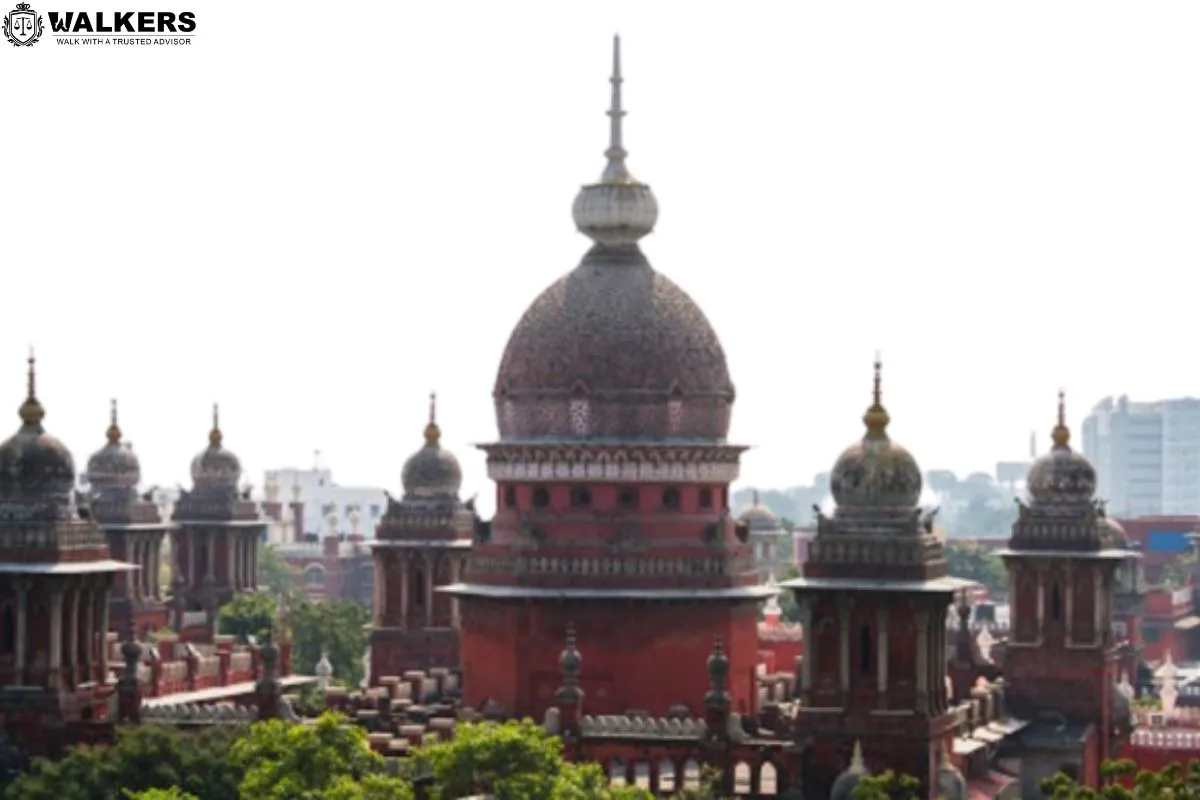


The Madras High Court, in a recent ruling, emphasized the importance of an employee's "right to vent," while overturning a charge memo issued against a government bank employee who had engaged in disciplinary proceedings for his critical remarks about the bank's management on a WhatsApp group.
Justice GR Swaminathan, presiding over the Madurai bench of the Madras High Court, quashed the charge memo lodged against the petitioner, Lakshminarayanan, an Office Assistant in Group B at Tamil Nadu Grama Bank and an active member of a trade union. Lakshminarayanan contested the charge memo that stemmed from objectionable messages posted on a WhatsApp group on July 29.
The Court clarified that management was not entitled to penalize employees for statements made on WhatsApp groups unless those statements explicitly violated existing legal regulations. It highlighted the significance of allowing employees to voice their grievances, asserting that fostering an environment where complaints could be voiced and addressed was beneficial for an organization. The Court underlined that management intervention was warranted only if the organization's image suffered due to such expressions.
While acknowledging the distinct responsibilities imposed on government employees by established codes of conduct, the Court underscored that these obligations did not infringe upon their fundamental right to freedom of speech and expression, enshrined under Article 19(1)(a) of the Constitution.
Drawing an analogy with the adage "everyman's home is his castle," the Court emphasized that private conversations, even within digital platforms with limited access like encrypted virtual platforms, should not invite scrutiny unless publicly disclosed. The Court firmly rejected any form of thought-policing, asserting that such actions were incompatible with the principles of a liberal democratic society.
In its ruling, the Court also noted that Lakshminarayanan had exercised his right to express frustration and had promptly apologized upon realizing the inappropriateness of his messages. The Court's decision to nullify the charge memo took into account these factors, affirming the significance of safeguarding the employee's right to vent.
Click Here to: Download/View Related File
TAGS: Madras High Court disciplinary proceedings bank employee WhatsApp criticism management charge memo quashed government bank Group B Office Assistant Tamil Nadu Grama Bank trade union activist right to vent free speech expression Constitution Article 19(1)(a) digital technology liberal democratic traditions thought-policing grievances private conversations encrypted virtual platform employee rights apology.